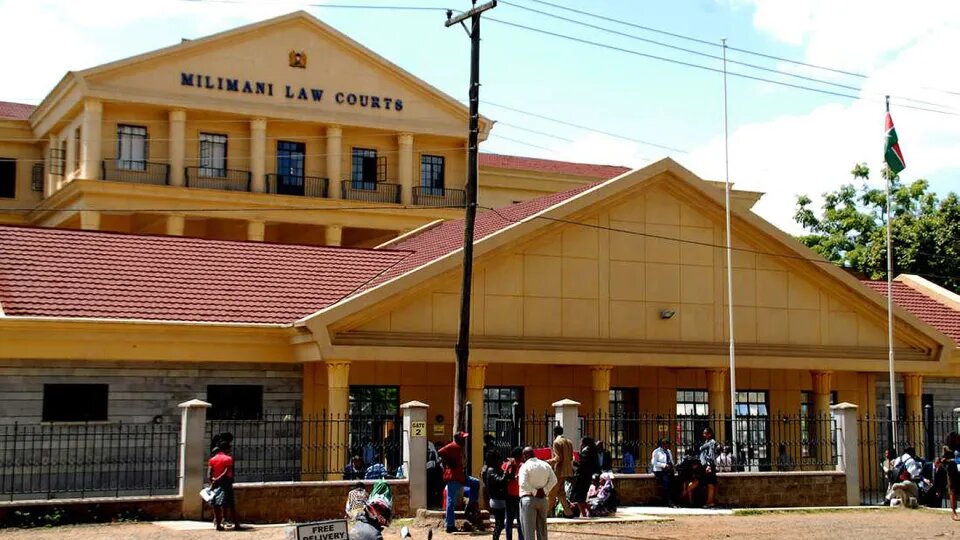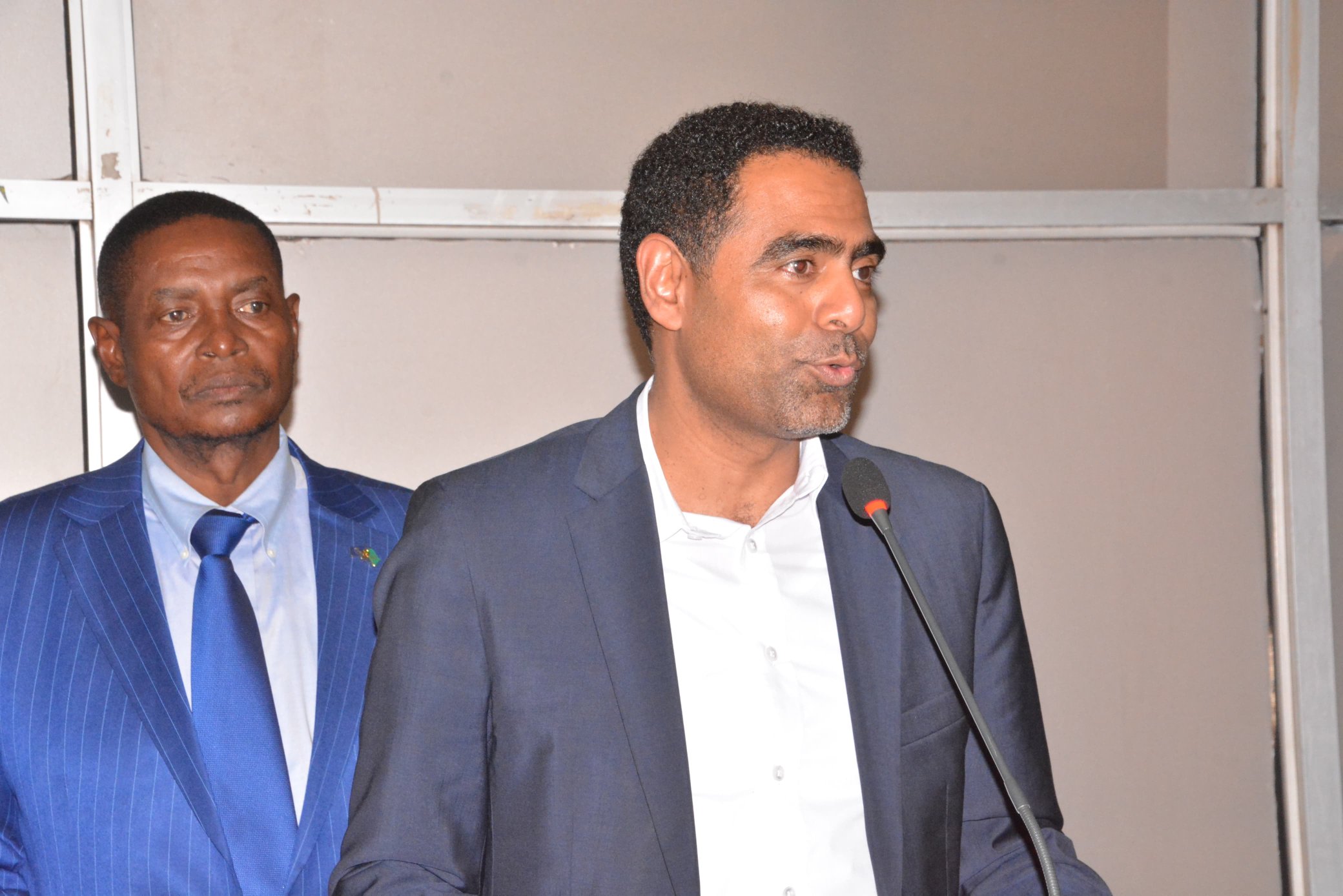Disdaining court orders by State a danger signal

The Public Service Commission (PSC) insists it will go on with the recruitment of Cabinet Administrative Secretaries (CASs) in direct contravention of a court order. A court had stopped the exercise, but PSC issued a statement saying they are independent and work under the direction of nobody.
This came head on the heels of President William Ruto’s apparent pushback against a court order that stopped the government from increasing the mandatory contribution to the National Social Security Fund (NSSF) from a standard Sh200 to match up to one’s earnings. Ruto has, correctly, been anxious about the low rate of savings in Kenya, and is keen to use the NSSF as a key driver in boosting national savings.
All these developments are happening against a backdrop of the seemingly well-timed dropping of corruption cases against the President’s allies, some of whom he has adopted in his administration.
While one might be sympathetic with the official line being peddled that these were victims of a witch hunt that was to stop Ruto from ascending to power, the timing of the actions does him no favours. Indeed, they send very negative signals and raise questions about President Ruto’s stated commitment to the rule of law, and the fight against graft.
The Law Society of Kenya (LSK) has raised the alarm. It’s president Eric Theuri said Ruto’s government is already showing signs of ignoring court orders “just like the previous (administration).”
The president’s seeming soft stance against corruption also brings into question whether the Executive will support the Judiciary’s recent drive to make culprits pay for corruption.
In recent times, the courts have struck very heavy blows against graft, sending a tough warning to graft suspects that it will not be business as usual.
Weakest link
Courts upheld the conviction and sentencing of Sirisia MP John Waluke to 67 years in jail, as well as that of his co-conspirator, Grace Wakhungu, who received 69 years. They were both convicted of corruptly receiving Sh313 million from the National Cereals and Produce Board (NCPB) and were both out on bond pending appeal.
The courts have also recently thrown out an appeal by former director of Kenya Medical Research Institute (Kemri) Davy Koech, who was jailed for six years for corruptly receiving money from his former employer.
Further, the courts overturned the release of former Finance minister Amos Kimunya, who has been accused of fraudulently transferring 25 acres of Government land to a private company.
Indeed, Chief Justice, Martha Koome, is gearing up the Judiciary for a major assault against corruption. She has appointed 127 magistrates spread across the country to expeditiously hear and determine cases of corruption and economic crimes.
For the longest time, the Executive has profiled the Judiciary as the weakest link in the battle against corruption, as cases dragged on forever in the court system. Could the shoe be shifting to the other foot?
One of the most persistent and harshest criticisms against President Uhuru Kenyatta was that his Government and had become rogue, and habitually disdained court orders. When President Ruto took over, his immediate actions brought back great hope that the incoming administration was take the country back to a strict regime of the rule of law.
These credentials were validated by his swearing in of the six judges whom President Uhuru had refused to swear against in complete defiance of the law.
These hopes now lie in a heap of ashes.
Ruto still has time to reverse this trajectory and return the country back to the chosen path of the rule of law.
He started well, making all the right pronouncements and actions. It’s too early to walk back that awakened promise, and kill all that goodwill.
— gathukara@gmail.com












